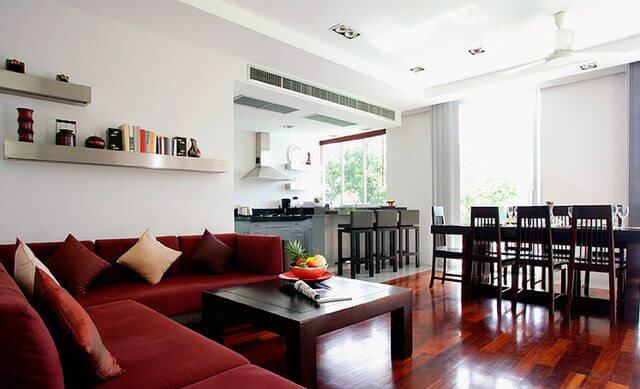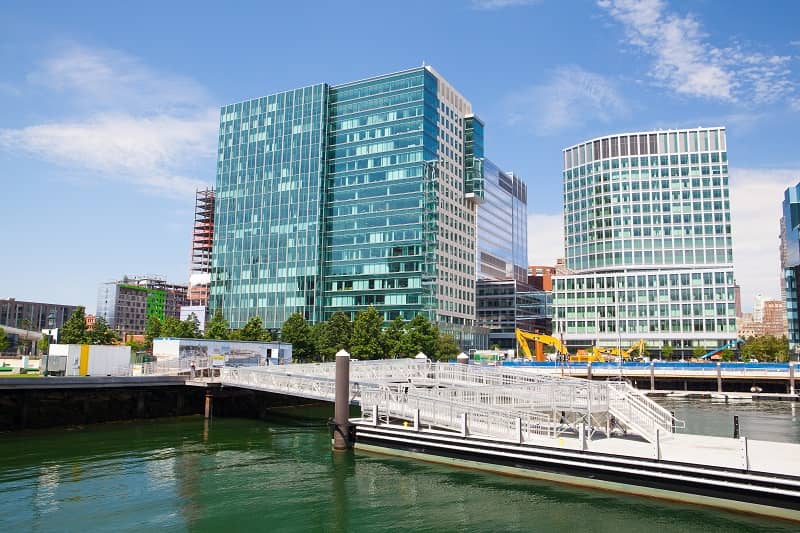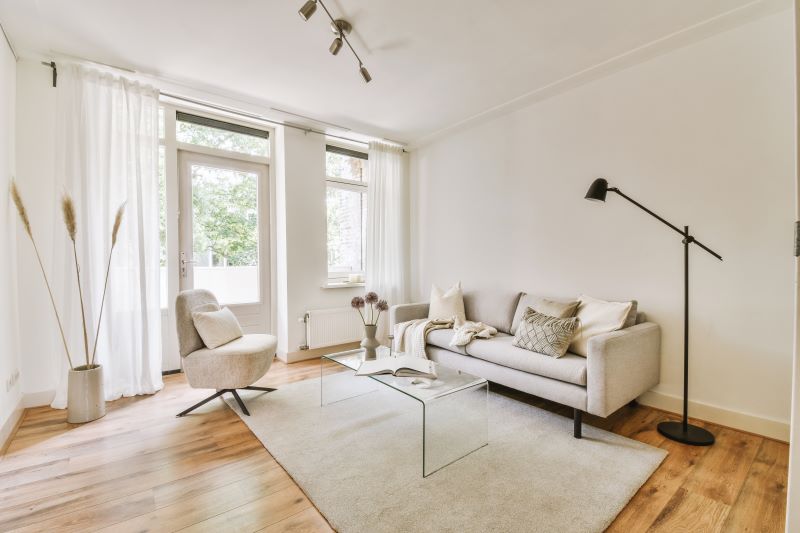
Home hunting is confusing enough, with the various lingo and contract clauses that you have to deal with. The plethora of property out there can be enough to give you a headache. But if you’ve at least narrowed it down to living in a building with various units inside, you could face a new head-scratcher. Should you live in a condo or an apartment?
This begs the question: What’s the difference between the two?
Don’t let this fresh hurdle stop you from considering the regular aspects of house hunting. You still need to think about the price, square footage, neighborhood, amenities, pet rules, contract length of the places you’re viewing.
But it’s equally as important to educate yourself on the difference between a condo and apartment as it will make a huge difference to the way you live. Choosing between a condo or apartment affects how your community, as well as your own household, operates from day-to-day.
Different Definitions
It’s important to consider the technical definitions of the two types of units – this sums things up pretty extensively and will prepare you for any viewings you might have coming up.
Condos (or Condominiums)
A condo – known more formally as a condominium – is a type of real estate divided into several units that are each separately owned, surrounded by common areas jointly owned. These units will indeed be located in apartment-style blocks, but it’s steadily become a new trend to feature detached condominiums in these buildings. These look like single-family homes. However, the areas such as the gardens, streets, and courtyards are owned and maintained jointly by a community association.
While apartments are leased by their tenants, condos are typically owned outright. Built into this is the fact that the owners of the individual condo units also collectively own the common areas of the property, such as laundry rooms and hallways and stairwells. The common utilities and amenities – such as the on-site elevators – in a condo building are the responsibility of the condo owners collectively.
A homeowner association will manage these collective common areas and will meet regularly to discuss the general maintenance of the condo complex. The condo owner will pay fees to this association too.
Apartments
Apartment complexes usually have just the one sole owner. This means that all the leases and rules apply to each of the individual residents as well. In contrast, the condo owner will apply their own rules to their own unit, and so it’s a little freer.
One benefit of living in the apartment environment is that everyone must abide by the same regulations. If there’s a neighborly dispute, the overall rules of the building can be enforced as no-one will have special circumstances. In this instance, the property manager is responsible for addressing the issue and enforcing the rules if need be.
Maintenance: Condo or Apartment
Condos
If you are renting a condo and something breaks or is faulty, you must deal directly with the singular owner of that unit. You will be less likely to have to deal with an external agent – unlike with many forms of apartment rentals – and will, in fact, have more of a one to one relationship with your landlord.
In an instance where an issue is urgent and you cannot get a hold of the unit’s owner, it’s up to you to outsource someone to fix it. It’s then your responsibility to be there to let the person in and see that they make repairs adequately. If things turn out this way, this is potentially a negative element to living in a rented condo. You are at the mercy of the sole owner. You may also have to pay for the repairs and arrange with the owner whether or not it is something you are eligible to be reimbursed for.
Apartments
Apartment complexes tend to have on-site staff, like a “Super”, who will be on hand to deal with issues regarding maintenance. They are often on call night and day. This is a huge perk of apartment living. If something breaks, as long as you notify the manager, the problem is resolved quickly.
Another benefit of this is that the staff can take care of the issue while you’re at work if you allow access permission. It’s, therefore, less of a disruption to your life.
Unit comparison: Condo or Apartment
Condos
Condos tend to be more individual and often more state of the art than a typical apartment complex. Rather than a block of units that will be rented out to many various tenants, the condo is aimed at the individual buyer, and so it is typically more of an attractive offer. It’s more about the long term Features like hardwood floors and contemporary kitchens and bathrooms will add value to the condo, and help the owner get a better return on investment when sold.
If you are an owner, the idea is to build equity in the home. Even if you are renting it out to a tenant. Condos and luxury apartments often have similar building amenities such as on-site gyms, pools and private parking garages. But still, a condo tends to be more upscale. Owners will often vote on upgrades to the property at the association meetings and will tend to agree that these upgrades affect their overall property values collectively.
Apartments
Apartments tend to lack the individuality of a condo – in that they are mostly the same as each other. They might also be less up to date than your typical condo. And the building is subject to a change in ownership, which can add some uncertainty if you’re looking to live there long term.
Apartment buildings may change owners, but they will nearly always be rentals, and so putting extra money into them isn’t always at the forefront of the owners’ mind. And rather than hardwood floors and granite worktops, you may have carpet and formica inside an apartment. This isn’t always the case, however. Luxury or new-build complexes are often as high-end as a condo might be.
Making the Choice
If you’re trying to weigh up the positives and negatives of a condo or apartment, it’s best to think about your own lifestyle. Which way of living suits you best? Think about your commitments and whether you are looking to rent or be the owner of a condo unit. What is your intention? If you are planning on leasing out a condo, are you ready to be the single go-to of the tenant in case of an emergency? Are you happy to deal with the communal areas, despite not residing there yourself?
If you are ready to commit to paying off a condo then you might be ready to take the plunge into homeownership. But if you find that you are more likely not to settle in one place or are yet to find financial or career stability, renting an apartment might be your best option. Have a look at our condos for sale page for further information.
Demetrios Salpoglou
Published February 6, 2018
Demetrios has pulled together the largest apartment leasing team in the Greater Boston Area and is responsible for procuring more apartment rentals than anyone in New England – with over 130k people finding their housing through his services. Demetrios is an avid real estate developer, peak performance trainer, educator, guest lecturer and motivational speaker.





